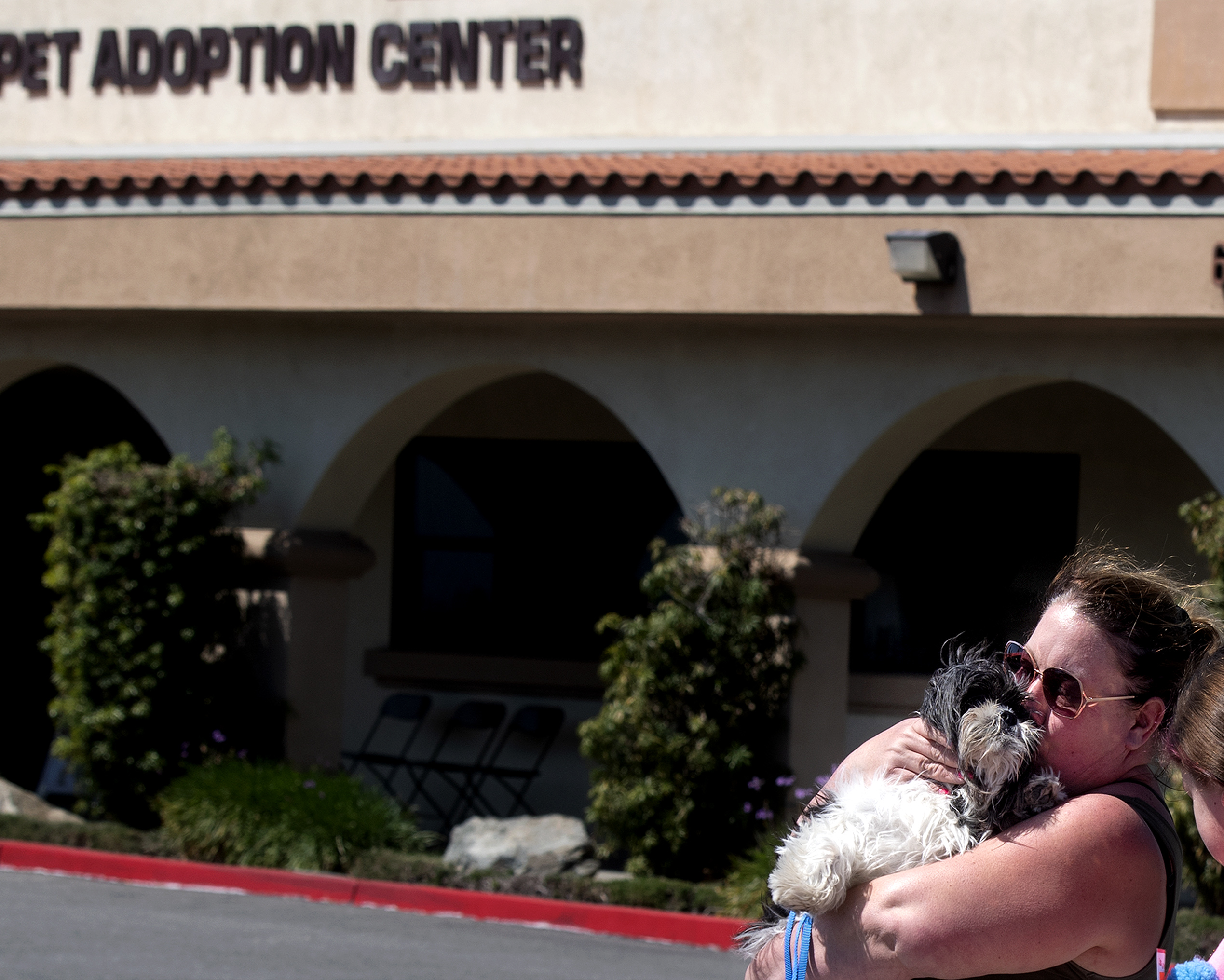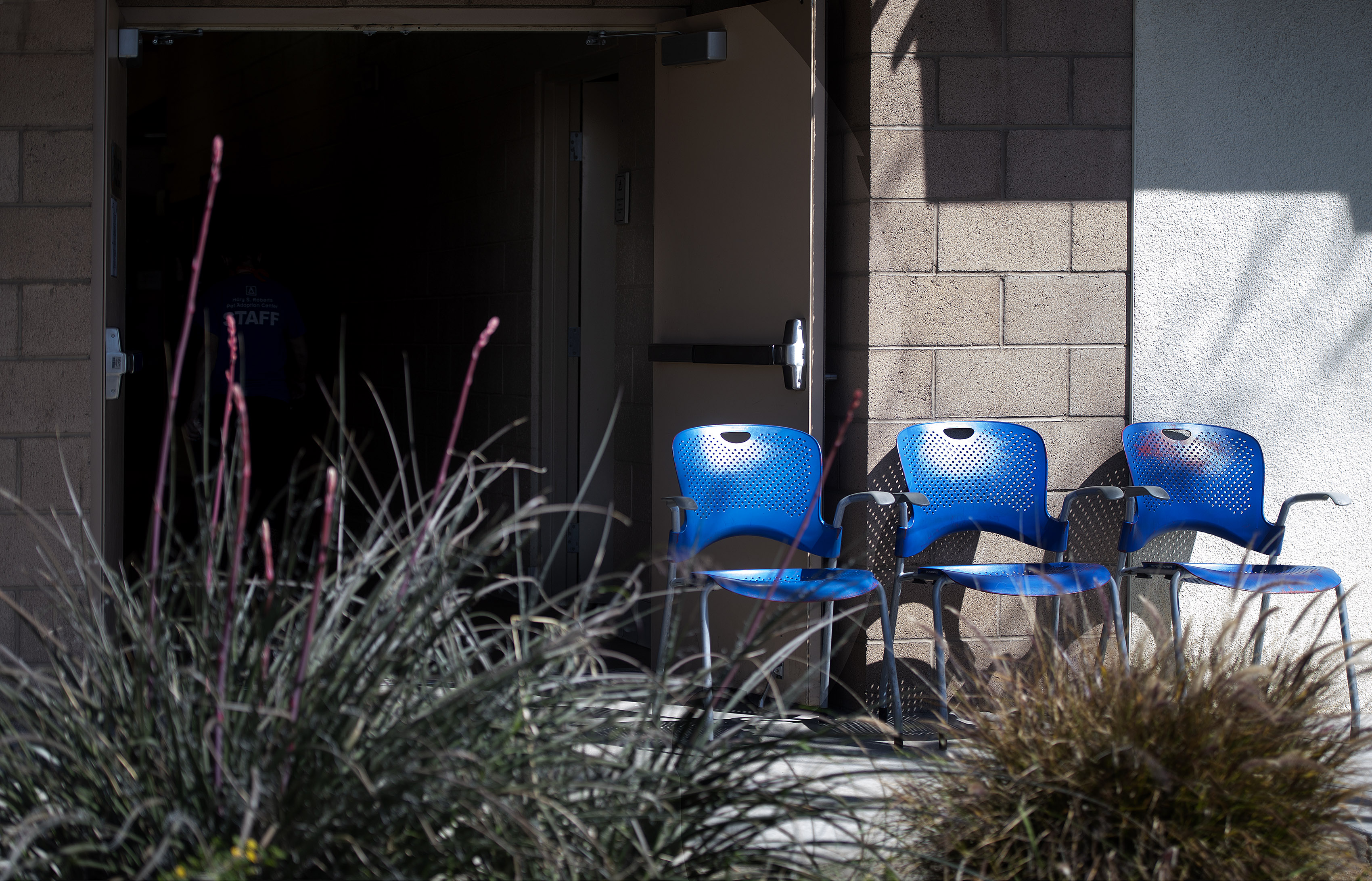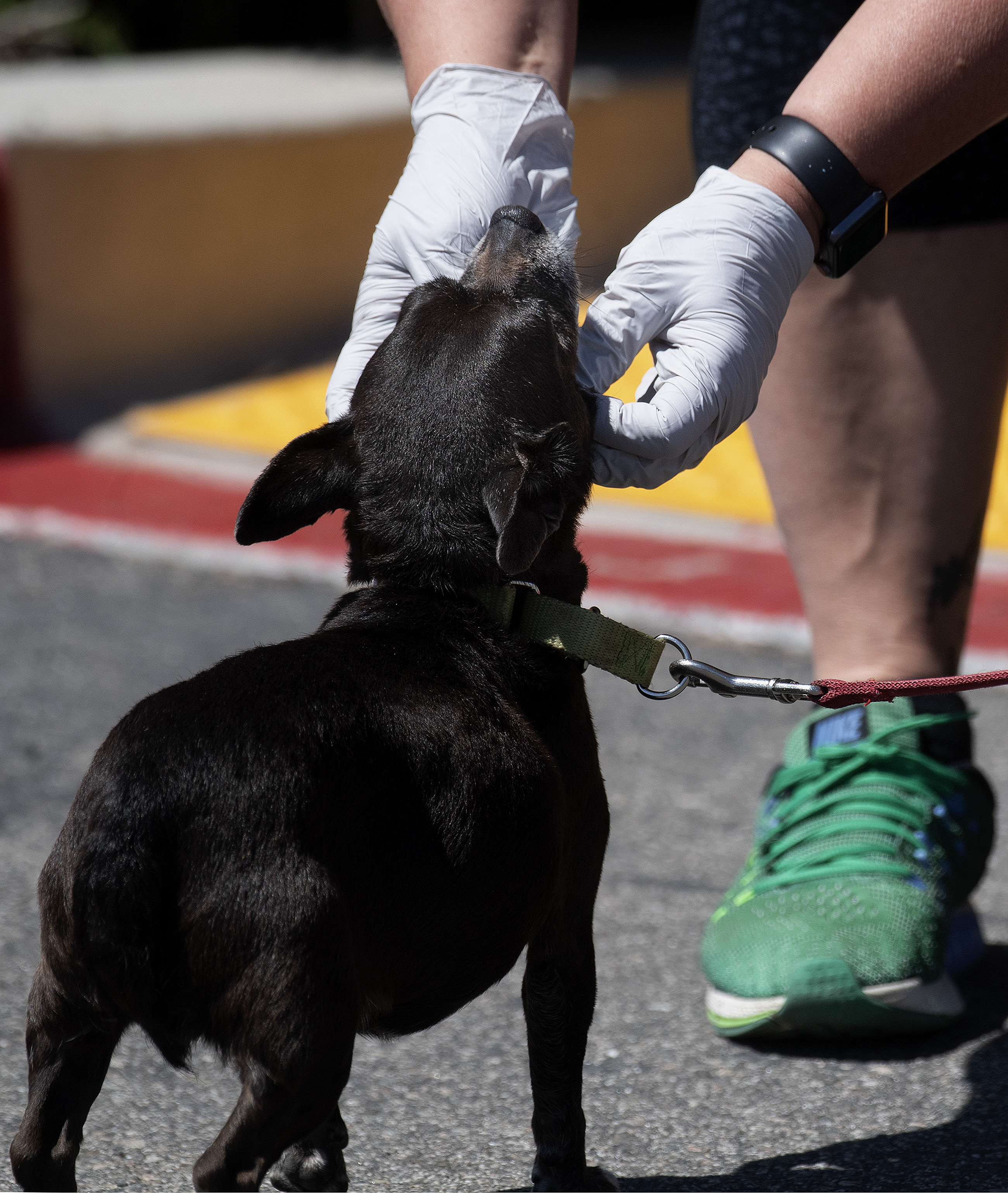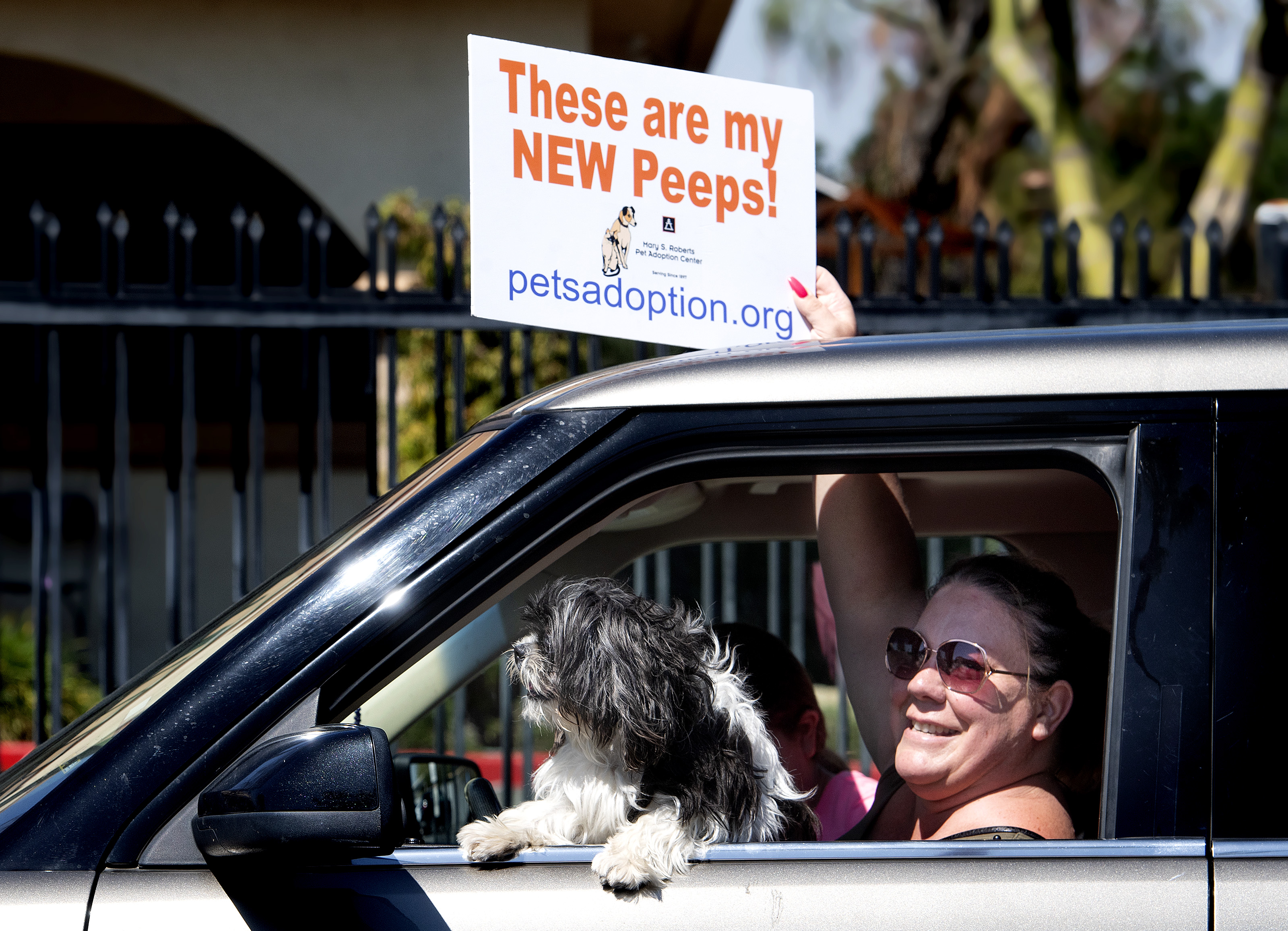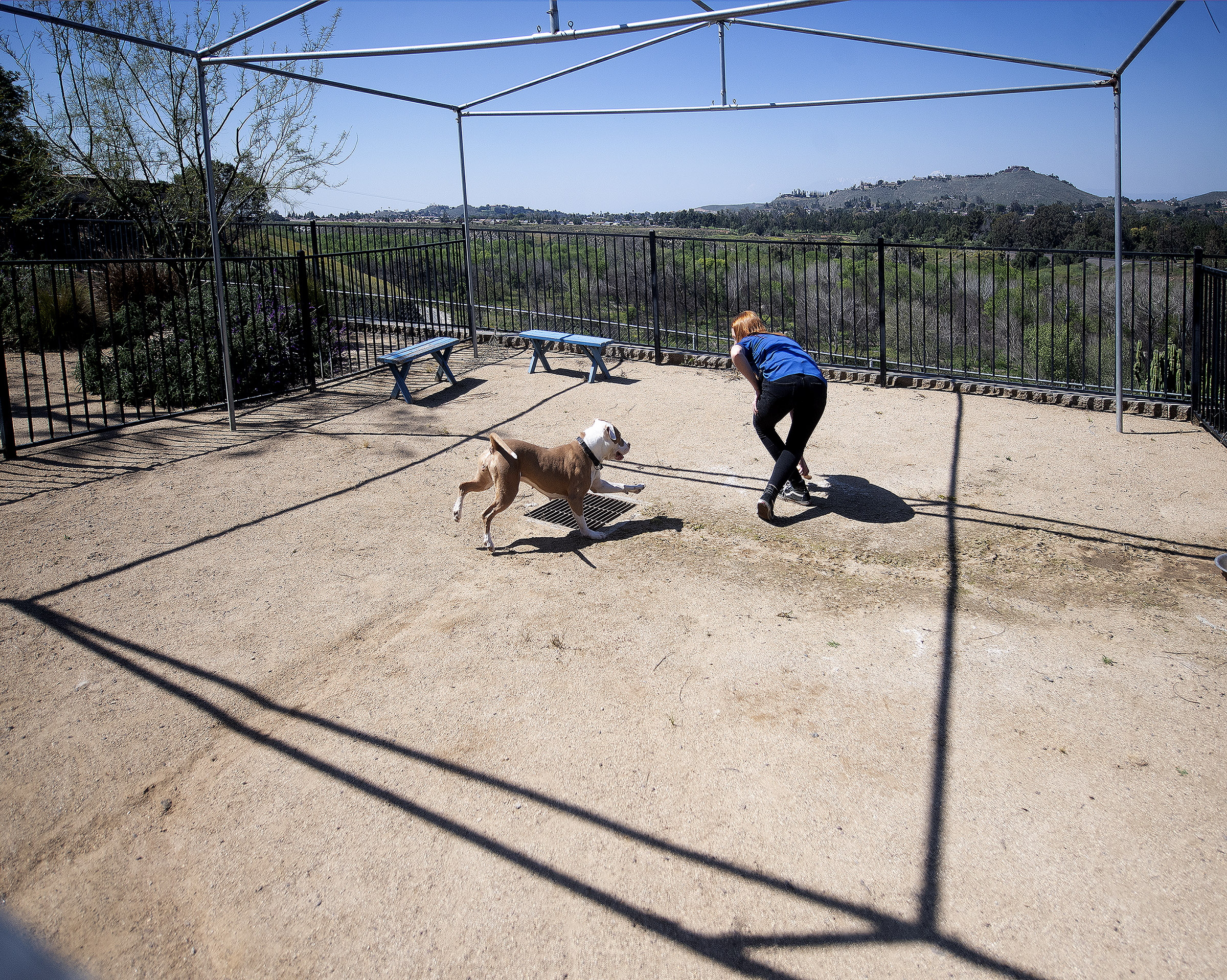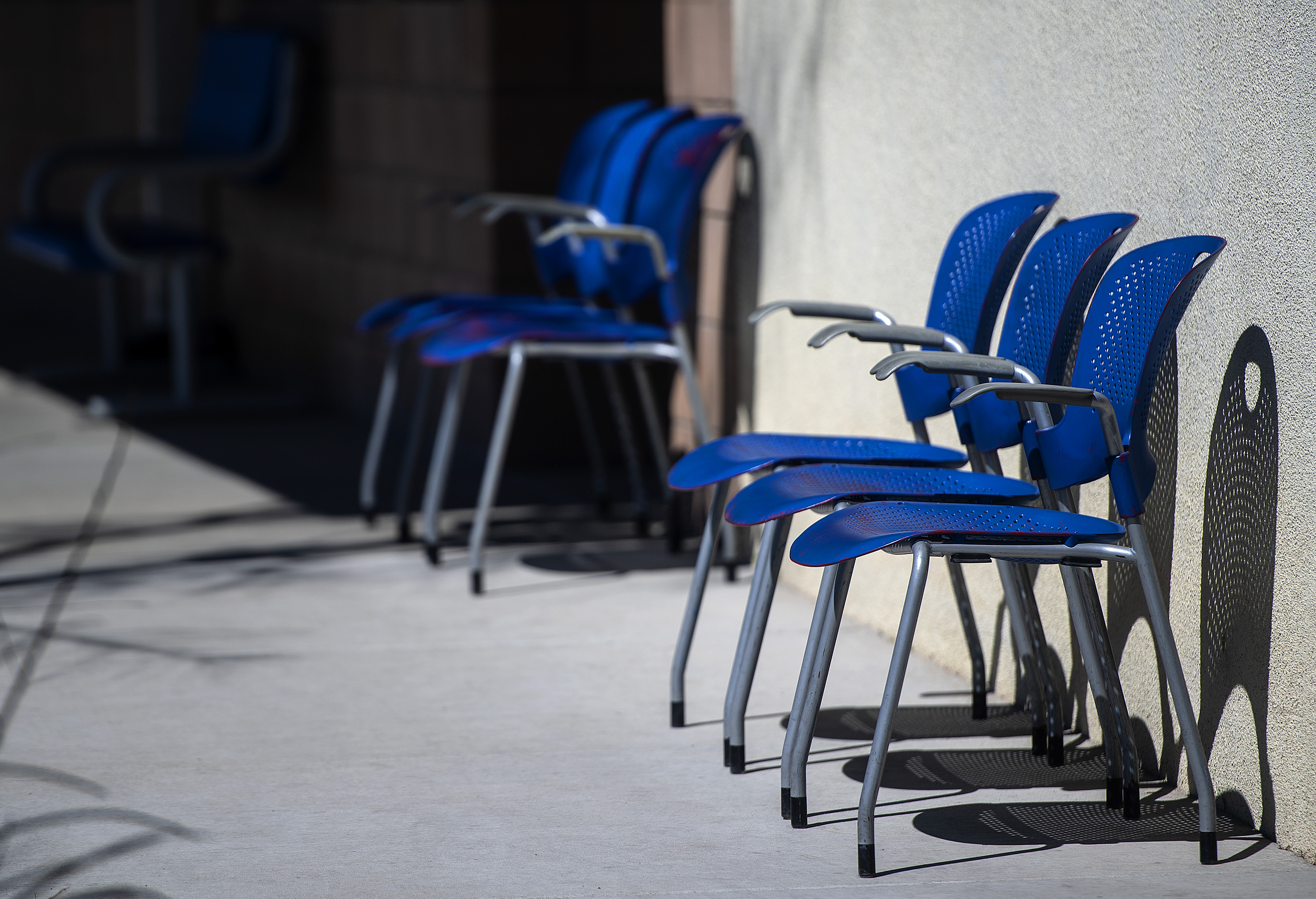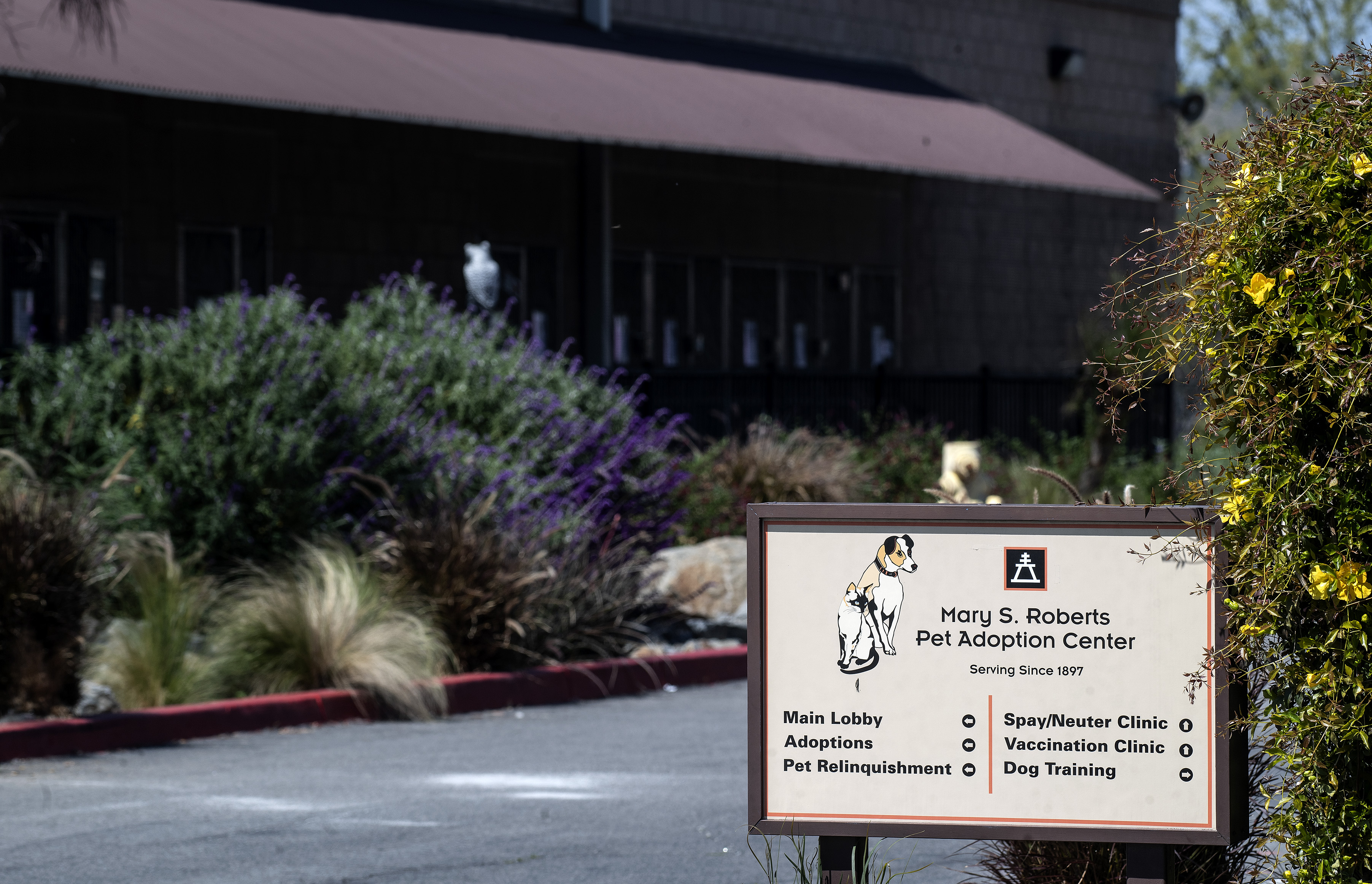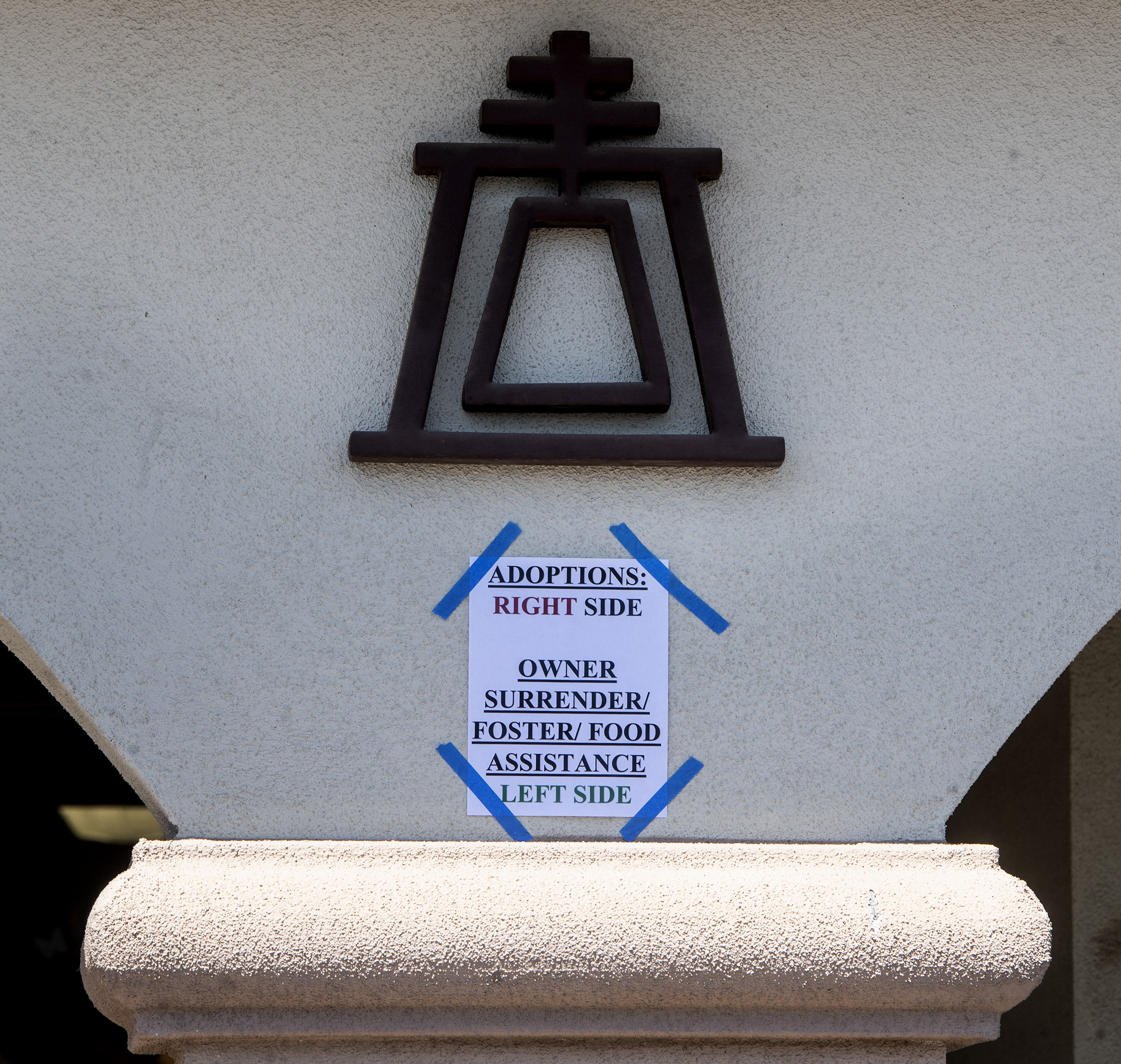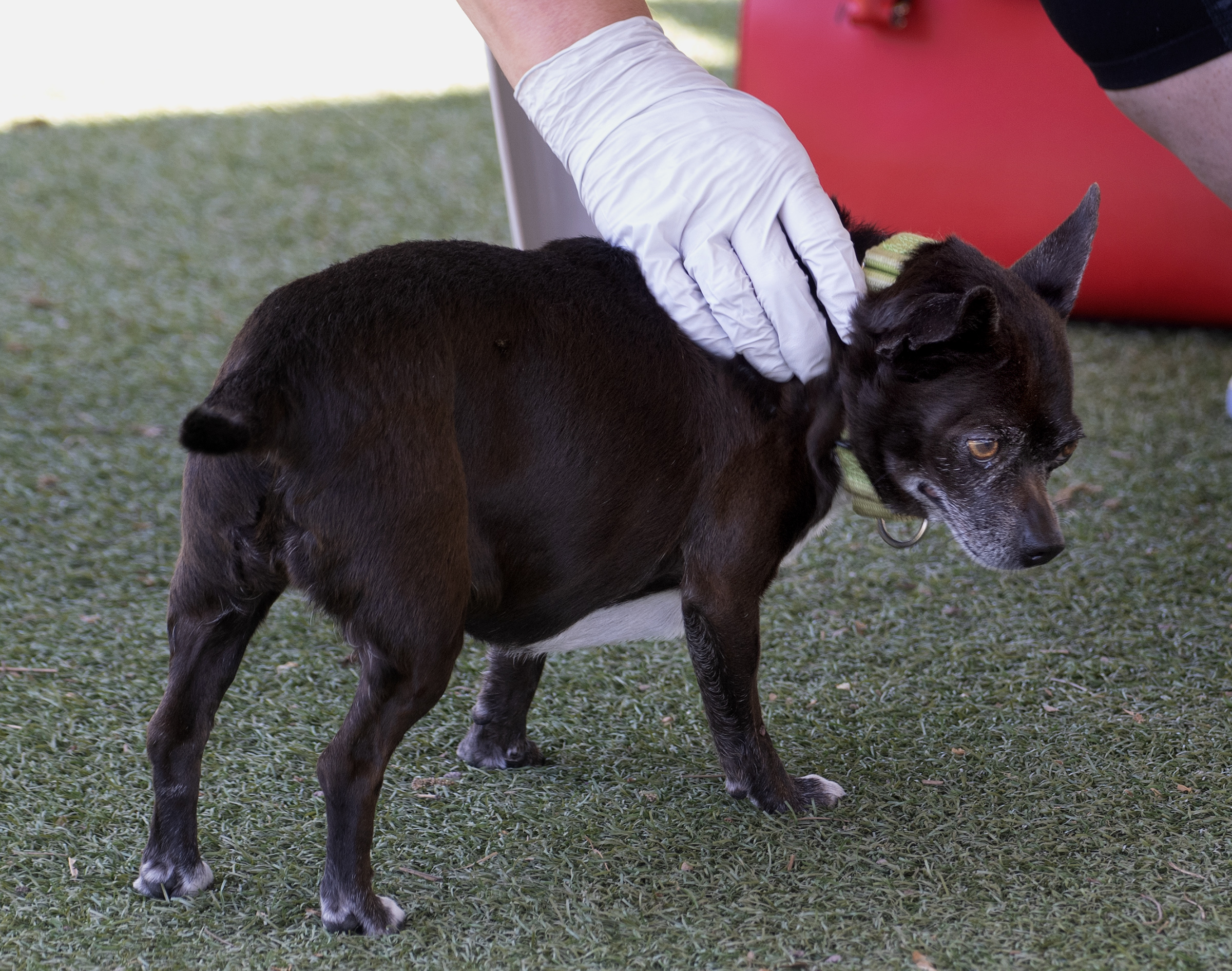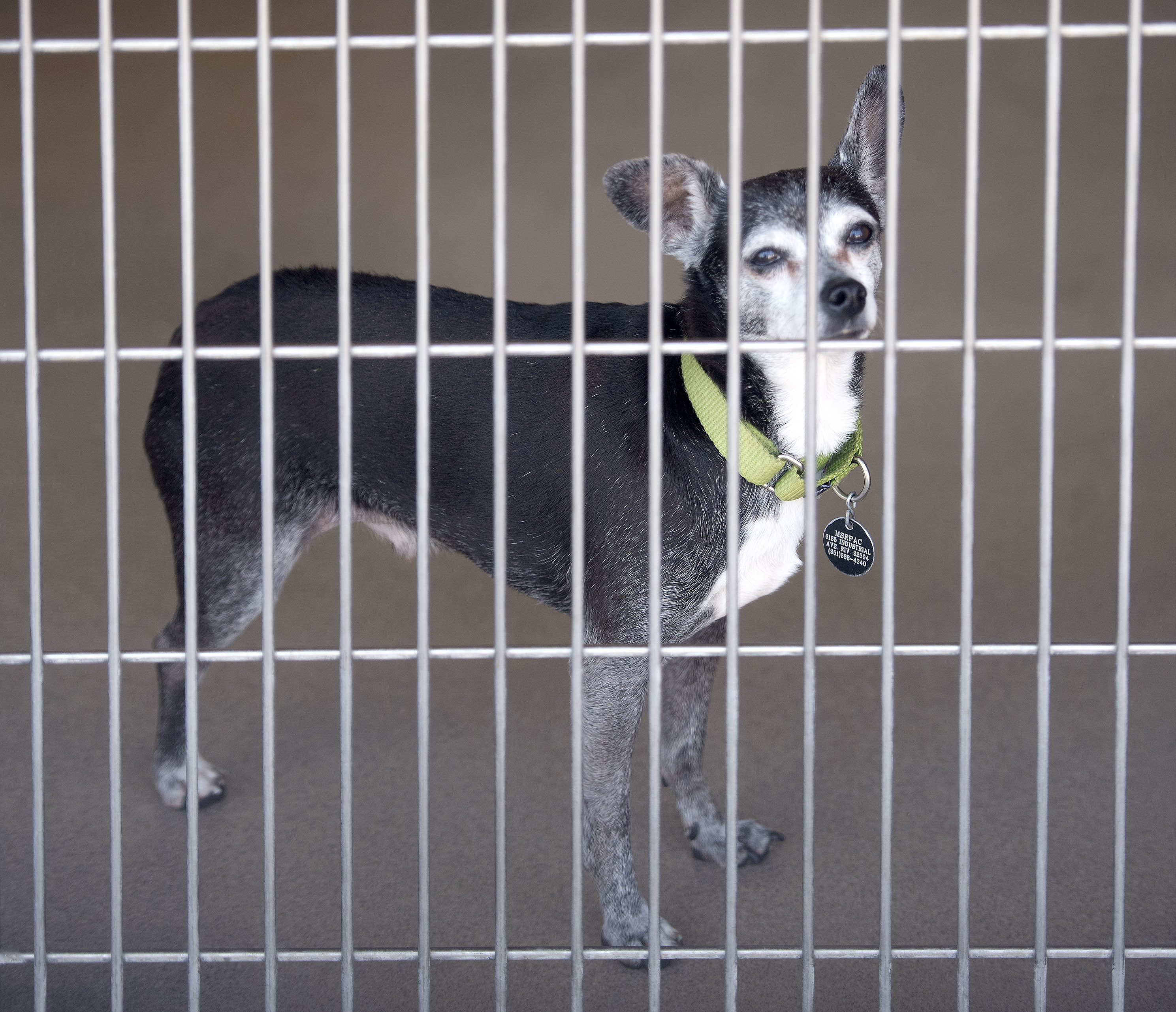Coronavirus: Family emergency planning should take pets into account
Southern California residents should keep pets in mind during the coronavirus pandemic — and not just their own pets, officials say.
Animal care agencies in recent days have advised people to create an emergency plan for their pets, just as they should have family emergency plans. Such a plan for pets would be executed if an animal owner is hospitalized for coronavirus and could include plans for someone to care for the pet or pets.
In addition, with many shelters closed or having limited services during the pandemic, people may be asked to look out for and temporarily care for strays they may find in their neighborhoods.
The San Bernardino Police Department said that it and the San Bernardino County Coalition of Animal Shelters are asking residents to prepare emergency plans for their pets.
“With the rapid increase of (coronavirus) cases in Southern California, the demand for hospital stays and medical assistance from hospitals and medical providers is escalating,” police said in a statement. “Animal shelters are preparing for a surge in lost and temporarily homeless animals as a result.”
The Inland Valley Humane Society and Society for the Prevention of Cruelty to Animals (SPCA) said pet owners should put together extra food, two weeks of medication, a kennel and any other necessary supplies for a pet in the event of illness.
In addition, pet owners should find a temporary caregiver for their pets. Caregivers could range from a family member or neighbor to a pet-sitter or boarding facility.
“Make sure all pets have proper identification with your name and contact information,” San Bernardino police said. “Document whether your pet(s) are up to date on vaccinations, write your veterinarian’s contact information and provide the information of some family or friends who will be able to update your pet’s caregiver on your medical status.”
LA Animal Services offered similar advice on an emergency plan for pet owners in a March 13 statement.
The Riverside County Sheriff’s Department said it isn’t uncommon for deputies to run into situations involving pets and their owners.
“Each incident is on a case-by-case basis,” officials said in a statement. “Depending on the situation, we either coordinate with a family member, neighbor or we contact animal control to take possession of the animal. Ultimately, it really depends on the circumstances.”
Several animal shelters throughout Southern California have shut down or have limited operations during the coronavirus pandemic. Those who need information or services should contact their local shelter or check its website.
“People need to figure out who is going to take care of their pets if they go to the hospital or god forbid, they die,” said Maryanne Dell, former pets columnist for the Orange County Register and president of the Shamrock Rescue Foundation in Santa Ana.
Dell said someone could ask a vet if they can board their pet if something were to happen to them, or arrange with a friend who could keep the animal at their house
“By having a plan, you can rest assured that your animal companions will be cared for no matter the circumstance,” the Inland Valley Humane Society & SPCA said. “Your preparedness plan also allows public animal shelters to maintain space and be better prepared for stray pets, animal welfare emergencies and the upcoming kitten season.”
LA Animal Services also said Wednesday that it will not turn away any sick or injured animals during the pandemic. It also suggested that people finding pets wandering in their neighborhoods post photos and descriptions of them on social media — and consider sheltering them for up to 30 days to free up space in shelters.
“Another way Angelenos can help is to consider our Shelter-at-Home Program and foster the dog or cat, while searching for the owner,” LA Animal Services said.
The Shelter-at-Home program is a process through which a person finds a pet, advises Animal Services that it is lost and then houses the animal while searching for its owner. Animal Services said after 30 days but before 32 days, the person who found the pet must either decide to keep it or surrender the animal to Animal Services.
A person housing a pet through the program will free up space in shelters throughout the city.
“We’re also taking in pets whose owner has died, leaving them alone, as well as taking in pets whose owner lives alone and is too sick to care for them,” Brenda Barnette, general manager for LA Animal Services, said in a statement Wednesday.









